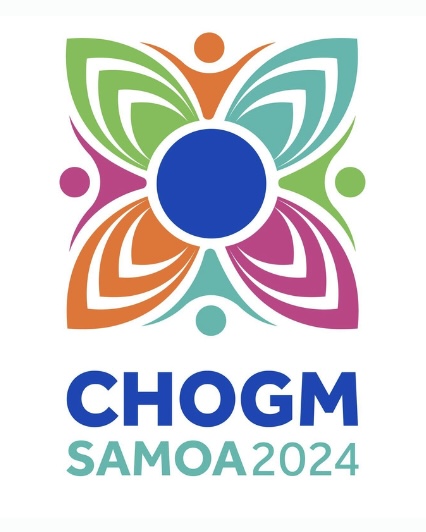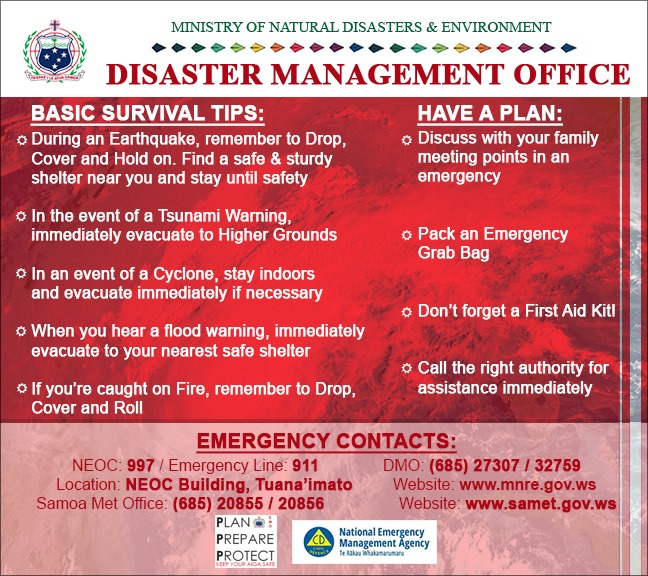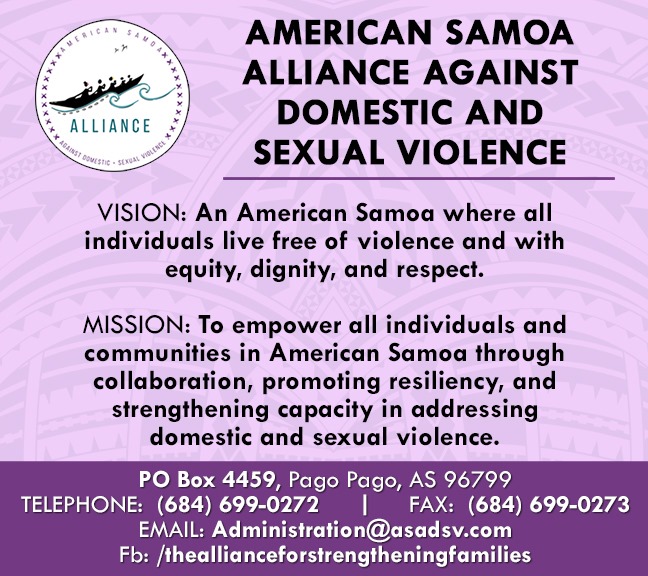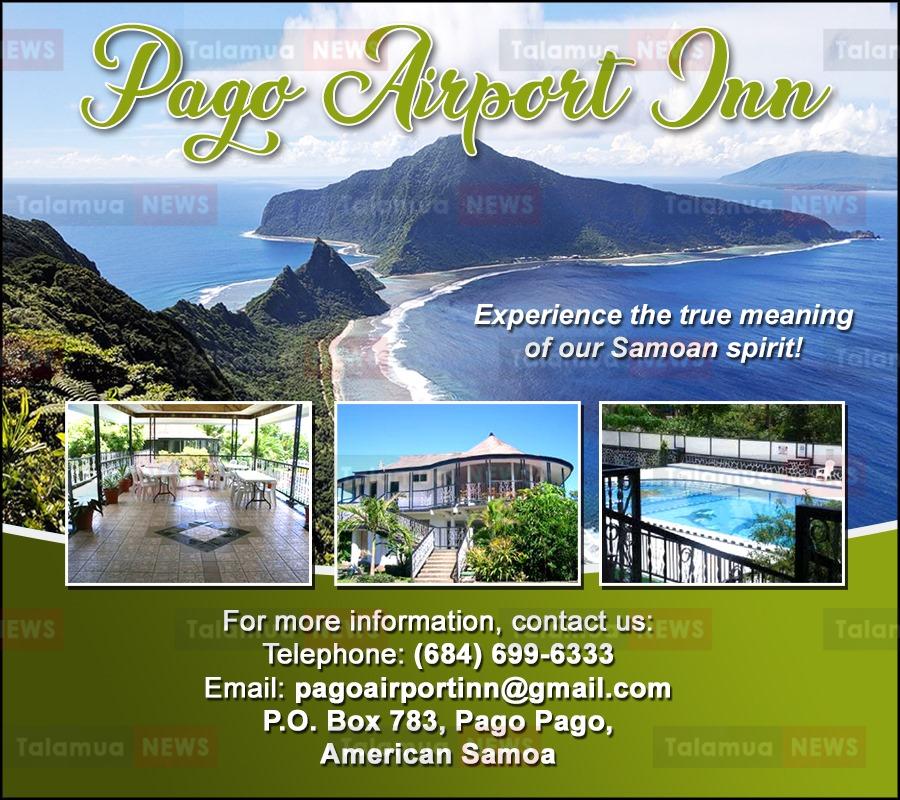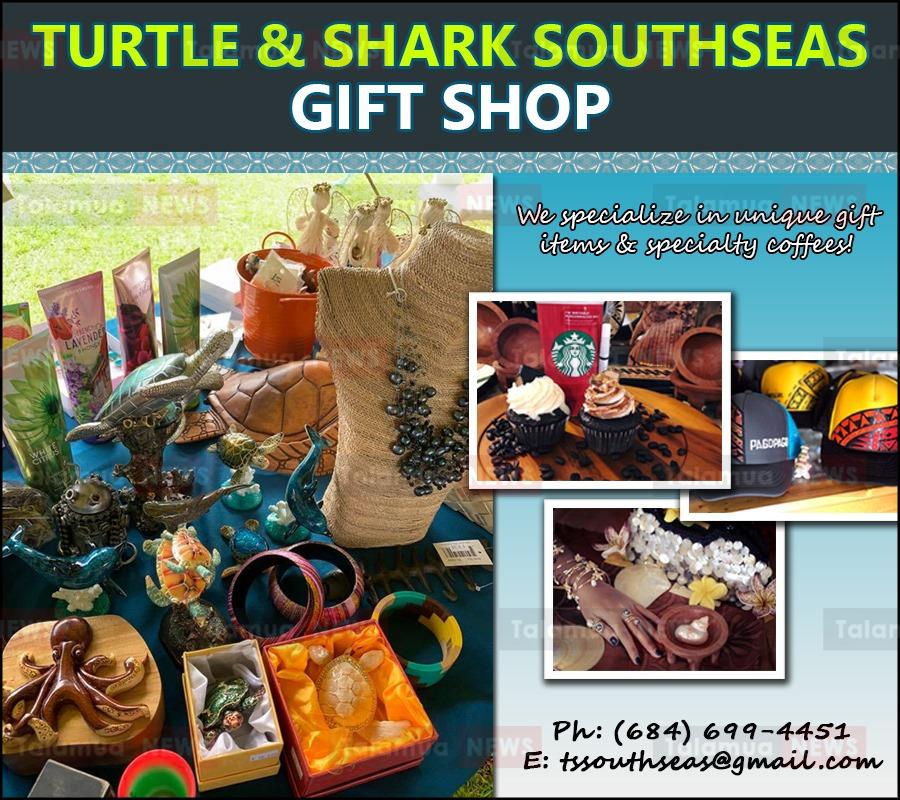Culture
Australia’s Ambassador for Gender Equality says LBGTQI ensures equality
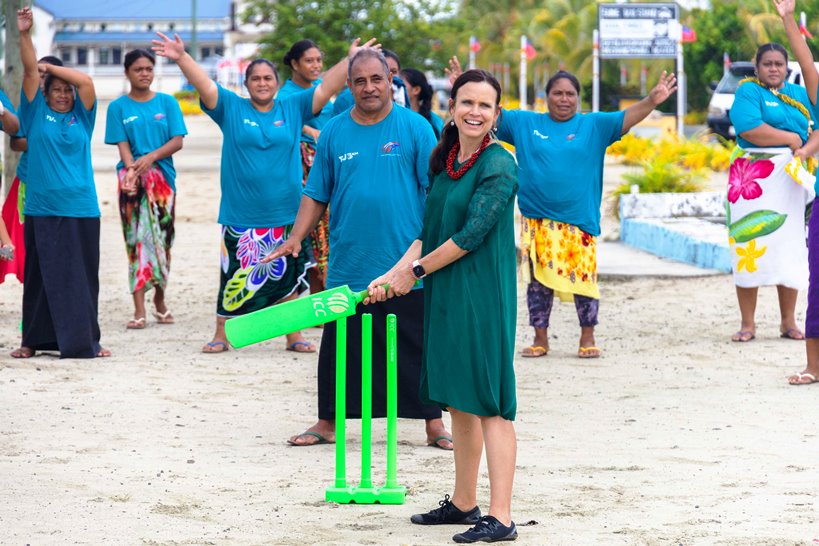
By Lagi Keresoma/
Apia, Samoa – 01 March 2024: Australia’s Ambassador for Gender Equality, Stephanie Campbell says for gender equality to work, no one should be left behind – and inclusive of the LGBTQI group.
The advancement of the global LGBTQI movement incorporating Lesbian Gay Bisexual Transgender Queer and Intersexual preferences under gender equality, requires discussion for it to be understood and accepted by the wider Samoan society.
Especially that it is pushed under the gender equality agenda by the international community with funding through influential institutions such as the UN system.
Visiting Samoa last week, Stephanie Campbell spoke to the media about issues pertaining to gender equality, violence and her visit to some Australia funded projects in Samoa.
She believes that gender equality should leave no one behind in society including the LBGTQI group.
However, she paused for a while before responding to the suggestion that the LBGTQI movement is possibly yet another cultural invasion of a small island like Samoa with its existing cultural and religious norms and expectations.
“This is the journey every country is taking and Australia has been through it and it was not long ago that we had discrimination against LGBTQI,” Stephanie Campbell said.
Male and Female as two recognized genders in Samoa
Speaking on the theme Gender Equality Diversity at the Fa’afafine & Fa’afatama Week in November last year (2023), President of the Samoa Fa’afafine Association Alex Su’a stated that SFFA recognizes male and female as the two official genders in Samoa.
Samoa has long recognised and integrated *Fa’afafine and **Fa’afatama as the gay community and their active participation and contribution to the development of their families, villages, churches and the country.
In turn, they took pride in their status and role within the community and have pushed the social boundaries to be more visual and promoting the work they do especially in fashion and entertainment to support charity and community work.

Stephanie Campbell visiting some of the women stall owners under the UN Women Markets for Change at the Salelologa market.
Not an issue to be taken on by a small group
Reflecting on the Australian experience, Stephanie Campbell said looking at same sex union, there was a debate on that as a community and whilst some people were against it, others supported it and at the end of the day there were many positive sides on it.
“In my own view, when you have discrimination against one group, everyone is at risk and it is better off when everyone is included rather than excluded in a healthier community, so that can be anything but good,” said Campbell.
She said it’s not an issue to be taken on by a small group but one that needs a country to come together as a whole, in a journey that is certainly for the better of everyone.
“When you have equality, when everyone can be who they want to be and how they want to live is just better for everyone, so there are certain things that might be looked at culturally and some things that are basic by every person’s ability as a human being to live as we want to live,” she said.
She believes it’s a universal concept not to discriminate against anyone person on who they are and who they want to be. “I think fundamentally that is something shared by everyone,” she said.
Not part of the LBGTQI group
The President of the Samoa Fa’afafine Association, Alex Su’a in an interview with Talamua at last November said they are not included or part of the LBGTQI group.
“We (SFFA) recognise only the male and female genders and we are not included in the LBGTQI group,” said Su’a.
He said he attended a LBGTQI conference in India a few years back and was asked about where they were from and their status in the group.
“I told them we, SFFA is a cultural identity group and we are not in LBGTQI,” he said.

President of the Samoa Fa’afafine Association, lawyer Alex Su’a.
Su’a said he went on to explain SFFA and status of fa’afafine in Samoa and that they may have female hormones, but they know their status.
“When it comes to the family, fa’afafine know their cultural status and identity and when consulted or given the opportunity to speak, they speak not as fa’afafine but as an heir of the family,” Su’a explained.
He said the only reason they would consider to join LBGTQI is because that is where the funding is and they too want access to such funds.
Su’a also pondered the international influences that have impacted hugely and propelled the many social changes in the country.
*Editors Note: In Samoa, *Fa’afāfine and **Fa’afatama have been an integrated part of Samoan communities for centuries. The term ‘Fa’afafine’ translates as ‘in the manner of a woman and Fa’afatama translates ‘in the manner of a man’.

Some of the delegate at last November’s Faafafine & Faafatama week pictured with some staff of the Tanoa Hotel.







